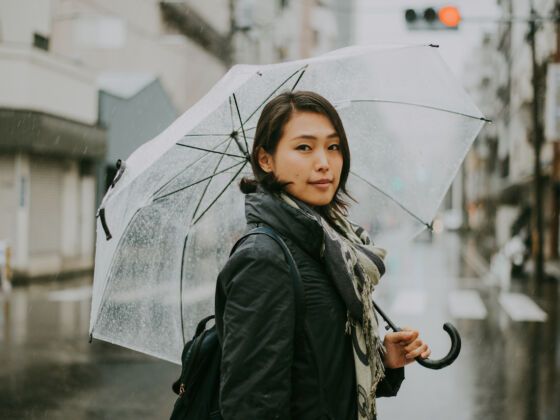1. “Don’t get mad because it’s raining, just use an umbrella.”
That’s the piece of advice I got from an Australian therapist when my sugar levels went through the roof. I’ve had to learn to deal with type 1 diabetes when dancing, when travelling, with living in foreign lands. And as a group coordinator for educational trips, I have also helped others deal with chronic illnesses abroad.
I start with this metaphor because I believe our attitudes towards chronic illnesses are key to enhancing the treatment (diet, type of medicine and dosage, etc.). So don’t get annoyed at your condition and the challenges it poses for travelling… just use an umbrella.
